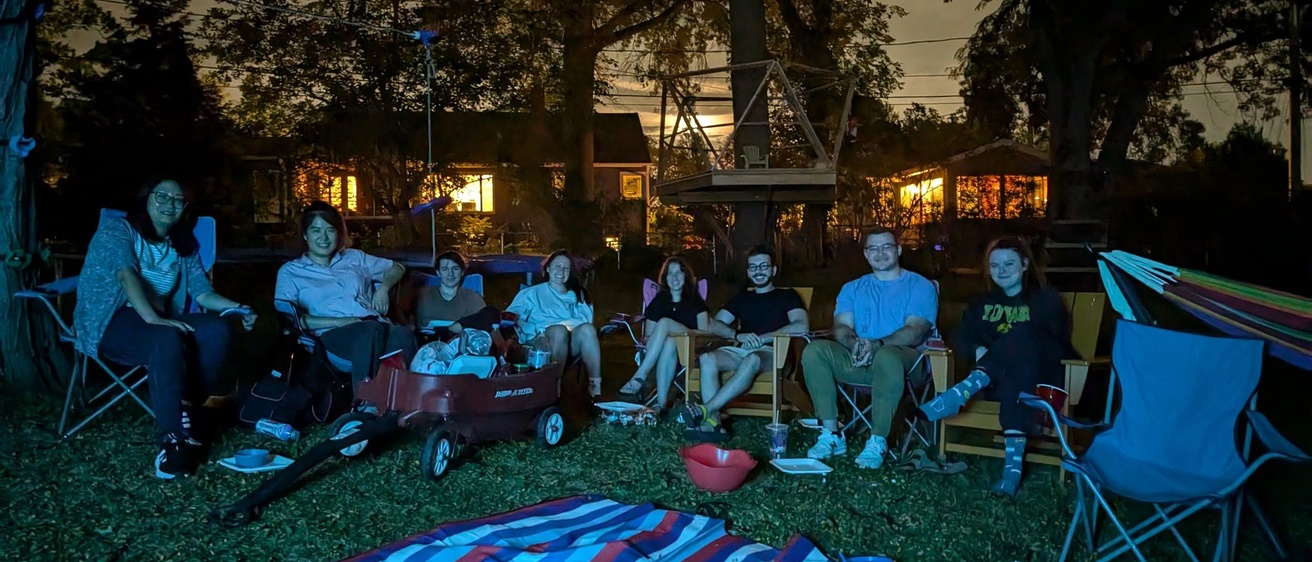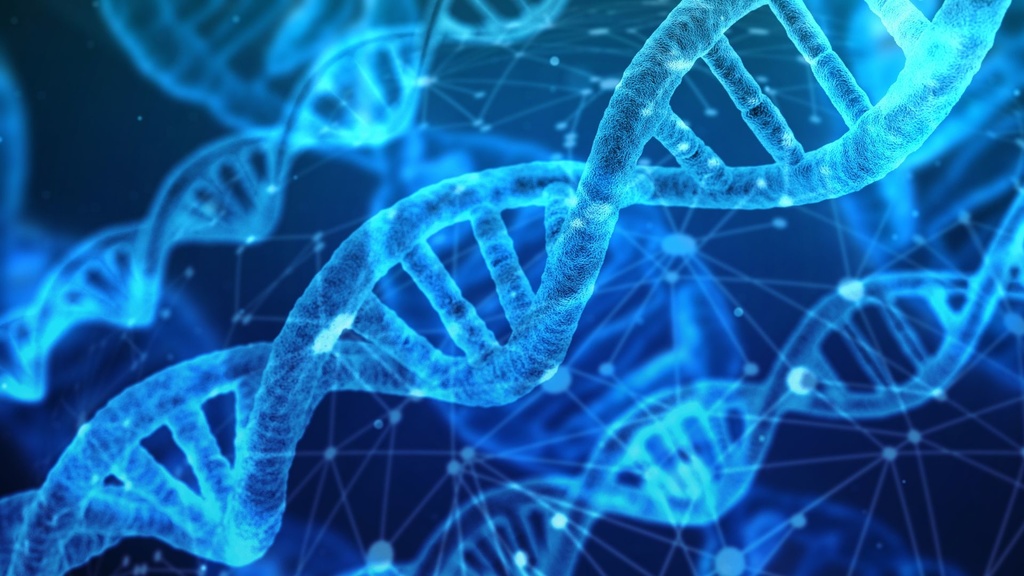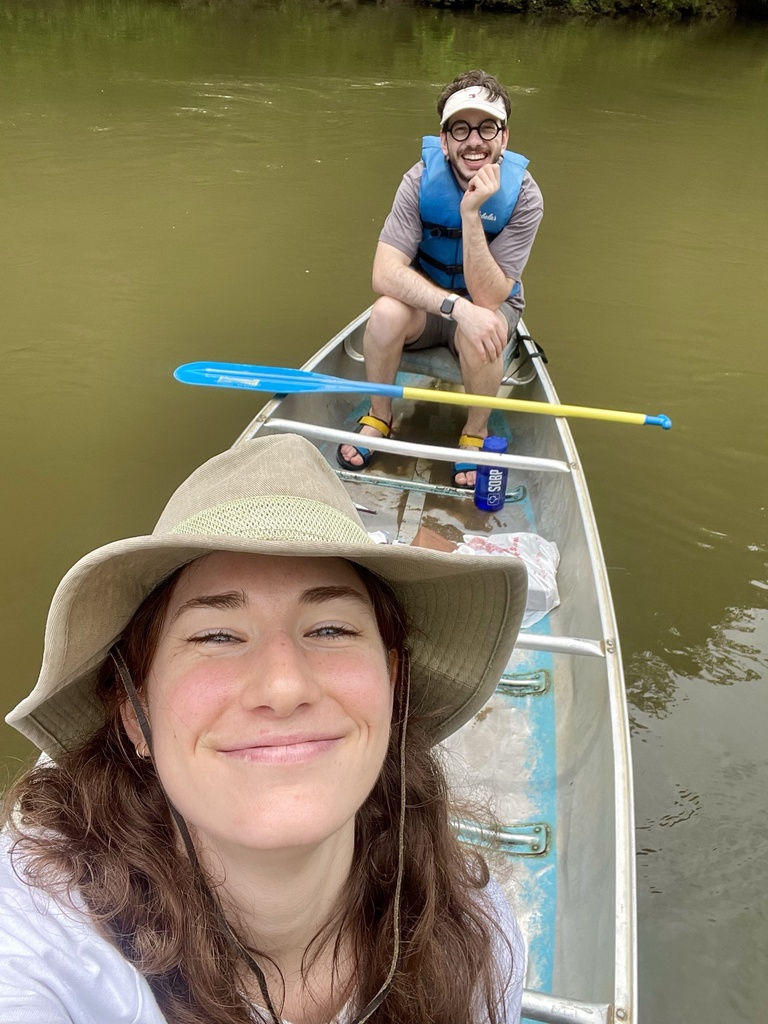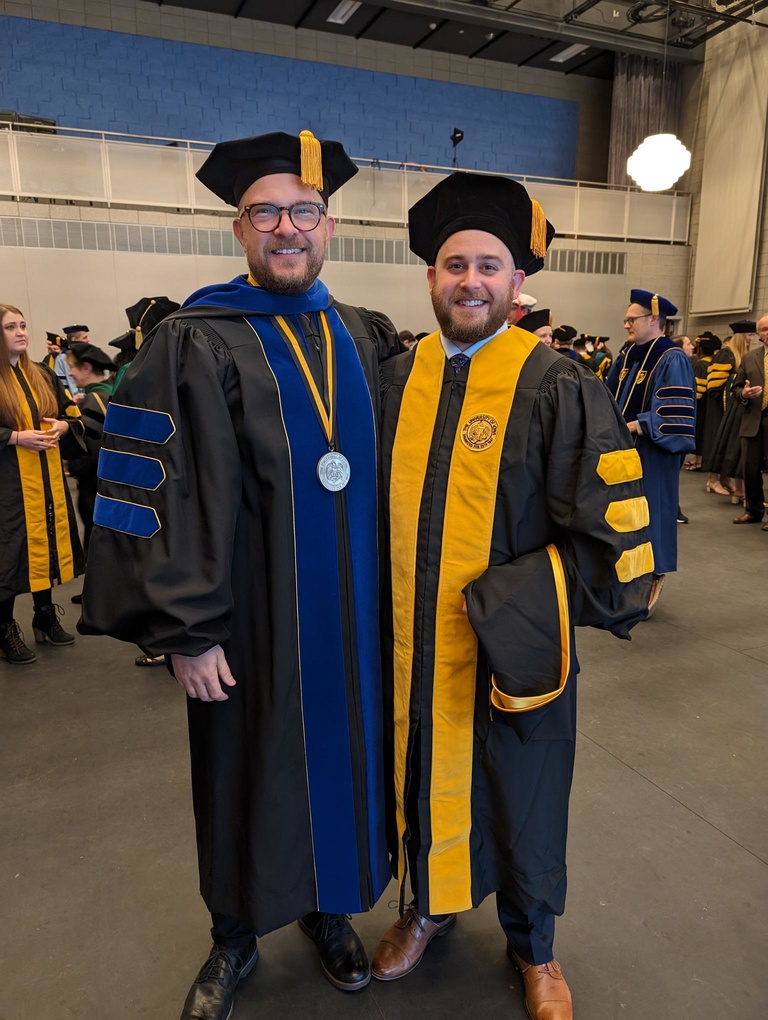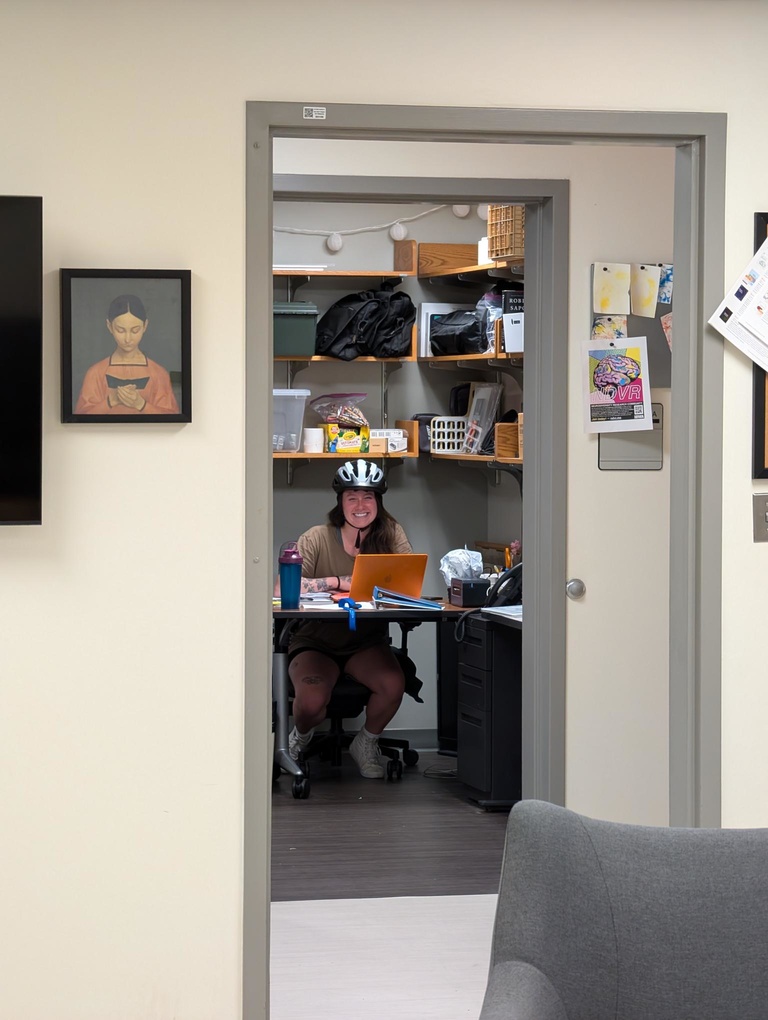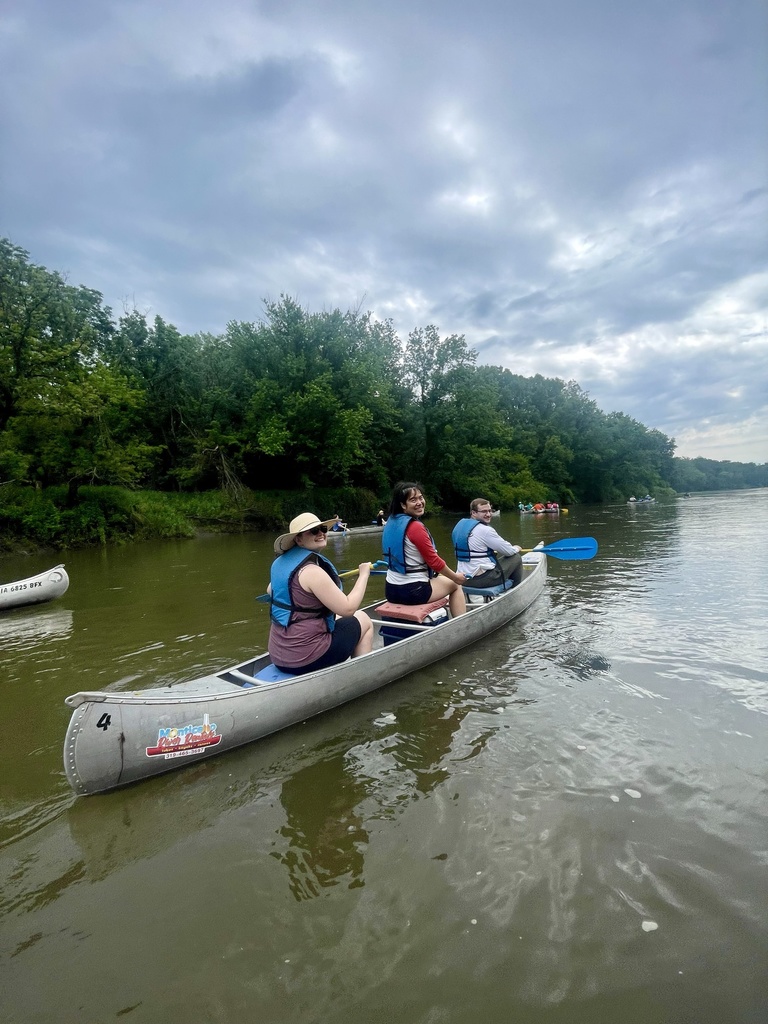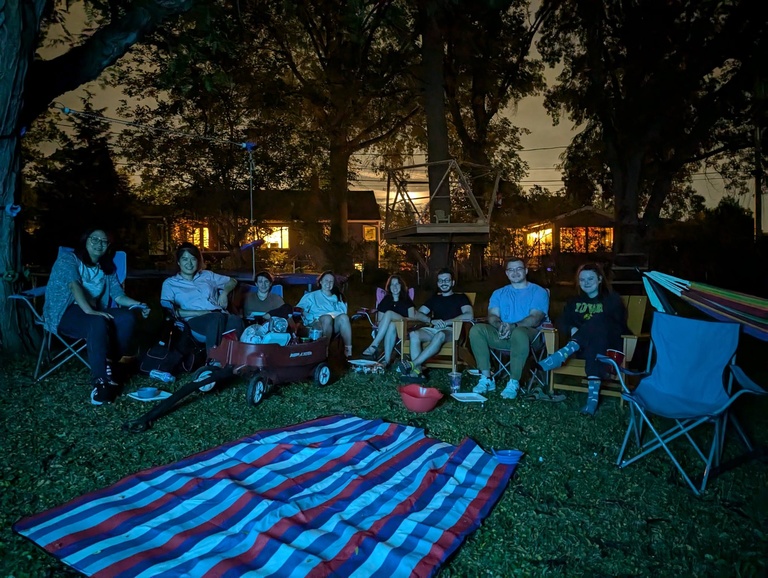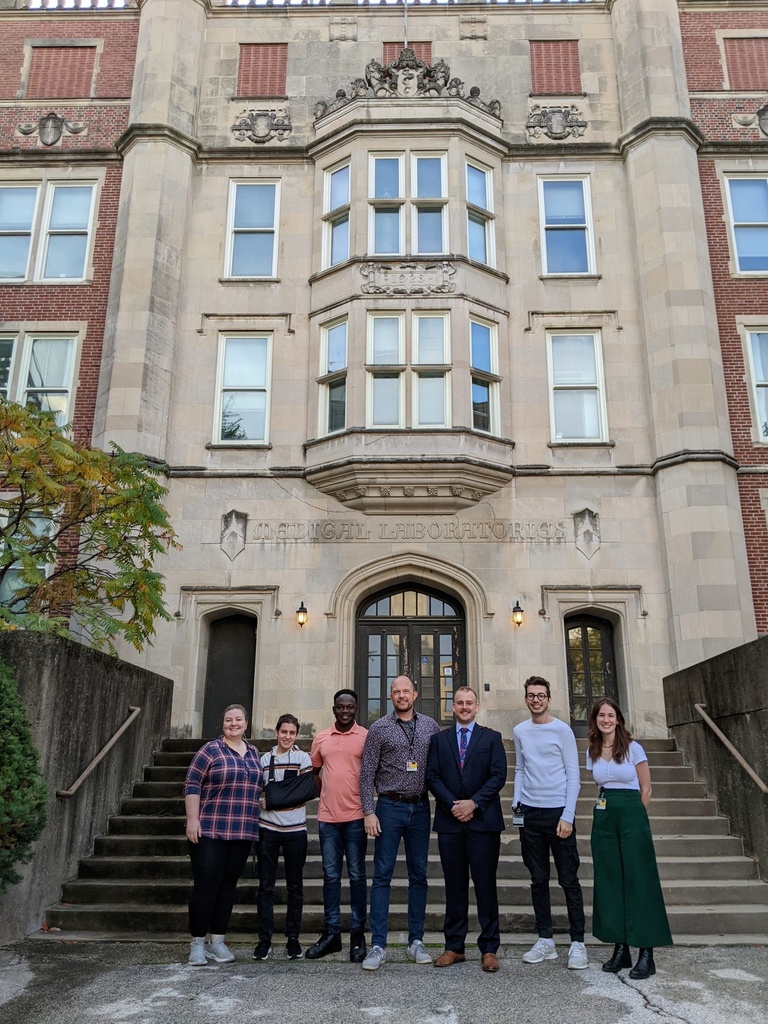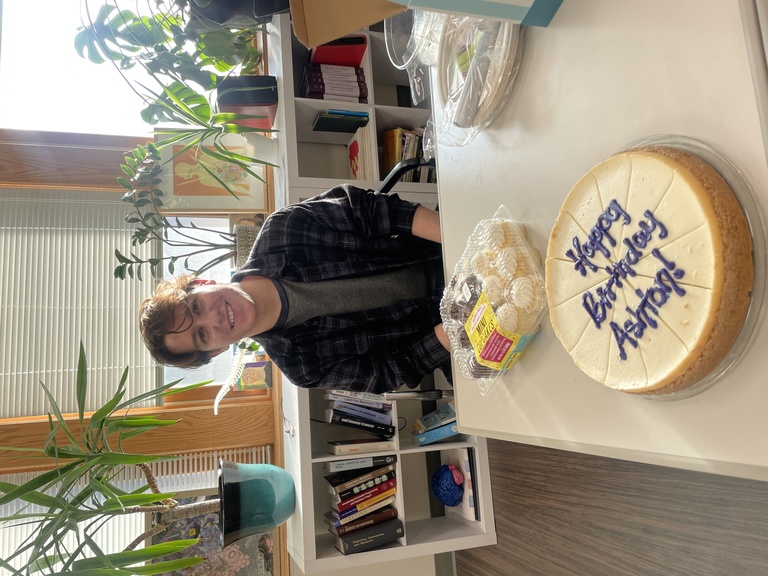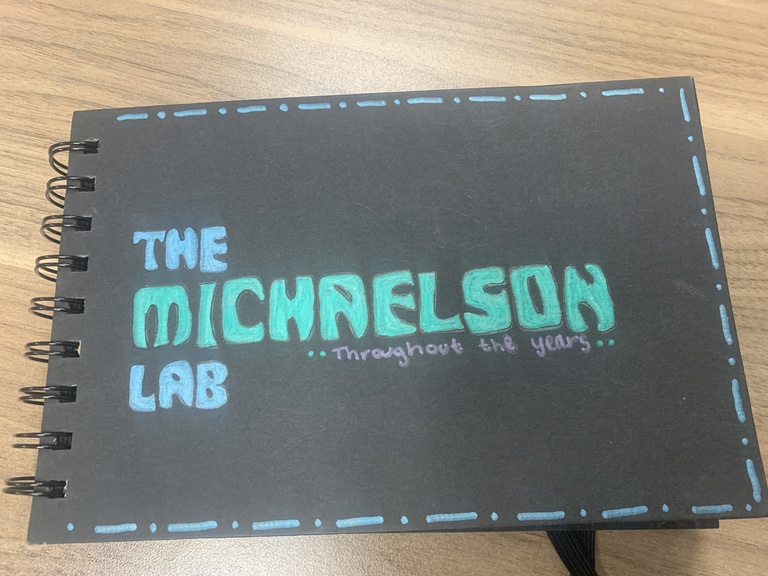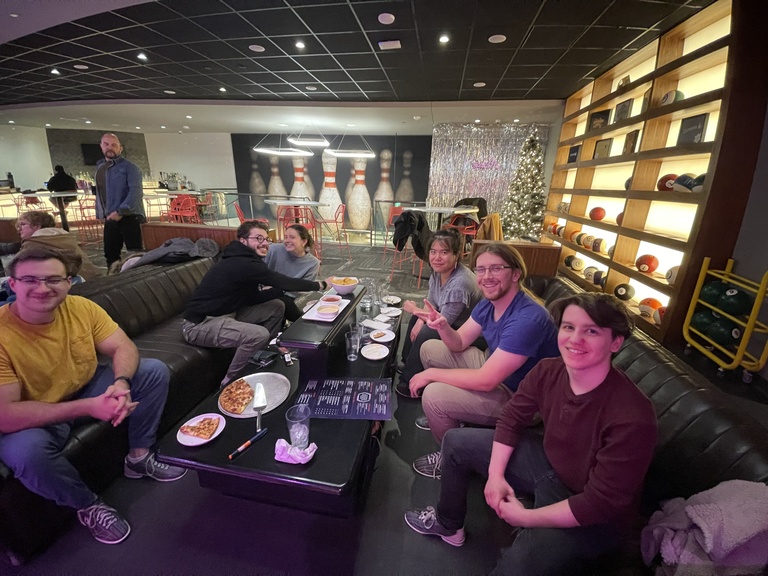Interested in Joining as a Graduate Student or Postdoctoral Researcher?
Students and trainees in our lab generally have a background in or appreciable exposure to genetics, and a strong desire and aptitude to leverage high-performance computing power to come to a better understanding of genome biology. If you are interested in joining the lab as a graduate student or a postdoctoral researcher, please email your CV to jacob-michaelson@uiowa.edu.
Interested in Joining as an Undergraduate?
We welcome undergraduates from diverse majors and who possess all levels and depths of background knowledge. In general, undergraduate students work as volunteers, though past students have received academic credit or pay through the Office of Undergraduate Research. Students are paired with a graduate student mentor in the lab and are expected to maintain weekly hours. If you are an undergrad interested in joining the lab, please email your resume or CV to michaelson-lab@uiowa.edu.
What Types of Research Can I Do as an Undergraduate?
Computational Work
This work requires a basic understanding of the R programming language (data manipulation, plotting, regression, etc.) and an ability to run command line tools commonly used in genetics research. Students who help with computational work typically (but not always) major in computer science, biomedical engineering, and statistics.
Human Subjects Research
Our research team includes a number of undergraduate students who help us recruit, collect, and enter data. Undergraduate students typically obtain direct experience with children and adults with and without neurodevelopmental conditions. Students who help with human subjects research typically (but not always) major in psychology, speech and hearing science, and more.
Wet Lab & Benchwork
Undergraduates primarily obtain experience with next-generation sequencing work, including DNA quantification and performing library preparation. Students who help with wet lab activities typically (but not always) major in biology, chemistry, and biochemistry.
